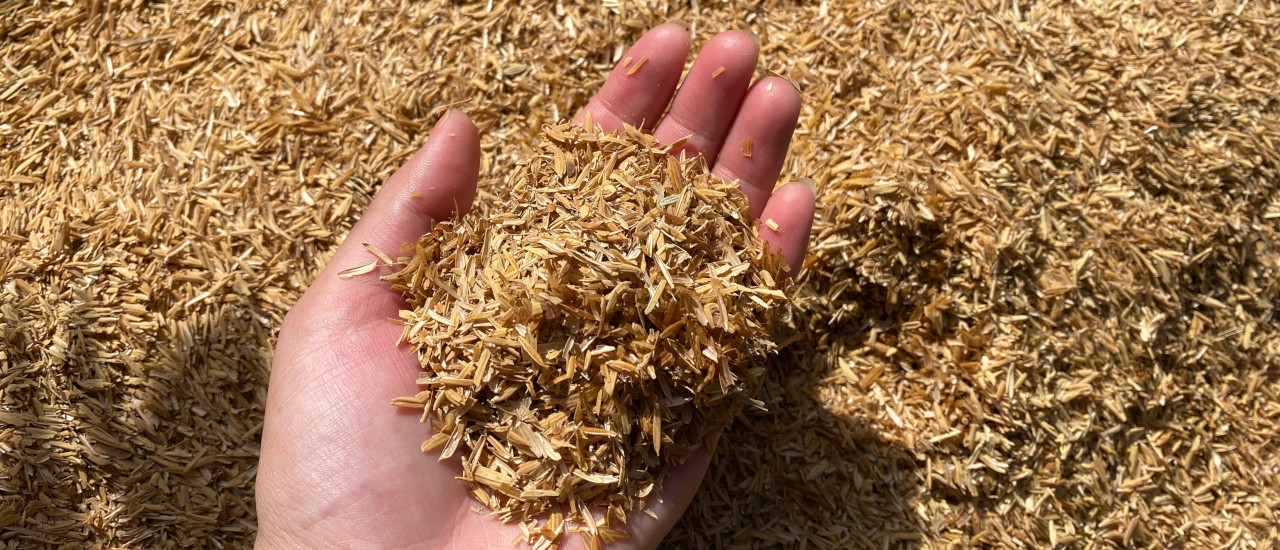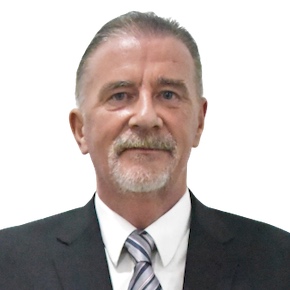
Carbon Credit Cambodia: How to Achieve Net Zero
Reducing carbon emissions is a growing priority worldwide. Carbon credits help by allowing companies to offset their emissions through projects that remove greenhouse gases. The experts from ECOVIS VSDK & Partners explore how Cambodia can benefit from carbon credits, especially through biochar production.
We read constantly about net zero and carbon emissions and how to save the planet.
Net zero emissions is when the amount of greenhouse gases (GHGs) released into the atmosphere is equal to the amount removed. Achieving net zero emissions involves both reducing the amount of greenhouse gases released and removing existing emissions from the atmosphere.
Achieving Net Zero Emissions
- Reduce emissions: Reduce human-caused emissions from factories and fossil-fueled vehicles.
- Remove emissions: Use technologies like direct air capture and storage (DACS) to remove carbon from the atmosphere. Natural approaches include forest restoration.
So how does this affect Cambodia?
An important method of removing emissions from the atmosphere is through the production of a substance called biochar. Biochar is produced by heating biomass, such as wood chips, plant residues, or manure, in a contained system with limited oxygen. This process is called pyrolysis.
According to most estimates, one ton of biochar can sequester approximately 2-3 tons of carbon dioxide (CO2) from the atmosphere, meaning that it effectively removes roughly 2-3 times its weight in CO2 when properly applied to soil.
Carbon credit registries, such as Puro Earth in Finland, have been set up to issue CORCS (C02 Removal Certificates) to approved projects. These CORCS can then be traded to companies wishing to offset their carbon emissions.
For most projects, the process is to apply to the registry with details of the biochar process, and if the company’s process complies with the registry’s guidelines, the project will be accepted. If the company is recognised as an existing or future producer of CORCS, then it is in business as it can usually trade CORCS forward against current investment requirements.
A key element in making biochar is deciding what fuel to burn. Obviously, cutting down trees doesn’t work because it increases greenhouse gas emissions by destroying the tree. However, an important source of biochar fuel is rice husks. When rice is cleaned, about 30% of the biomass is in the husks. This is usually not worth much. But when used as biochar fuel that qualifies for CORCS, it is a game changer. The CORCS become a source of cash and the biochar can also be added to other elements to make excellent soil amendments for farmers.
Equipment required for the biochar process can be sourced from a number of countries, including China. Some equipment manufacturers have already had their equipment certified by registries such as Puro Earth, making the process easier for new projects.
While the biochar process is still relatively new and evolving, it holds significant potential for both environmental and economic benefits in Cambodia.
Projects will need strong support on how to make real financial projections and forecasts. Companies planning to produce biochar need to be able to demonstrate that they will be long-term producers. Business plans must be realistic.
Biochar may become part of a larger ecosystem that helps farmers. Many farms in Cambodia are small, so there is a need for collective organisations to bring together different processing facilities. From biochar production to fertiliser to rice harvesting and processing to international rice sales. There is a lot of money in international organic rice sales, but little of it is seen in Cambodia.
I’m currently working on a project with a company undergoing this transformation, and Cambodia provides the ideal setting. By repurposing a major waste product, we’re not only reducing environmental impact but also creating a valuable revenue stream.
Contact us:
Murray Macmillan
ECOVIS VSDK & Partners
#17, Street 135 (Corner Street 500),Sangkat Phsar Derm Thkov, Khan Chamkar Morn
Phnom Penh
Phone: +855 61 766 168 / +855 89 520 005
www.ecovis.com/cambodia


